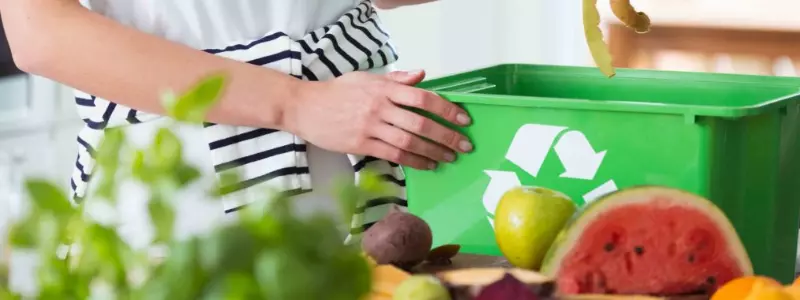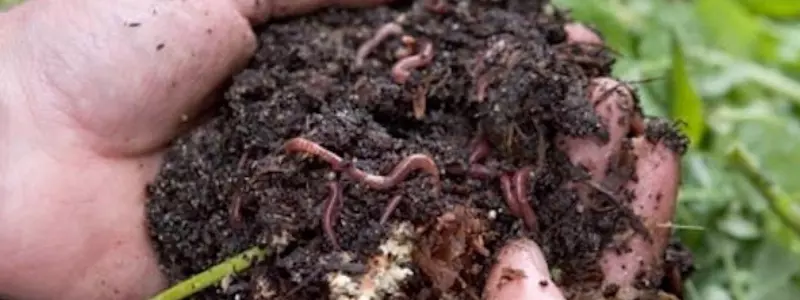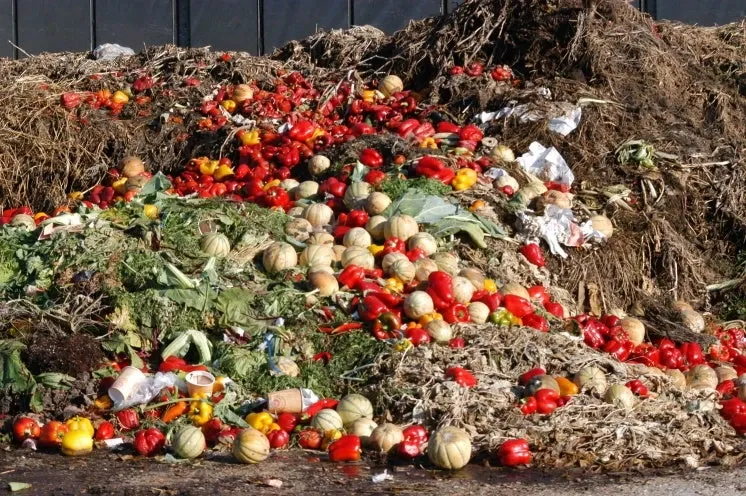Food waste is common in most households. While food wastes are almost impossible to avoid in most homes, proper disposal is paramount. Below are some useful tips on how to dispose of food wastes safely;
Turn your waste into compost at home
The easiest and perhaps most efficient way to dispose of food waste is compositing. Compositing is the process of producing your natural fertilizer using your food waste. You can do this with food scraps like fruits, coffee grounds, eggshells, nutshells, and tea bags. All you have to do is add the food waste to organic materials in your waste pile then mix it with soil.
The food will be broken down into fertilizer in the soil. It may take up to six months and proper aeration to make the fertilizer. Compositing food wastes is highly safe and does not attract any pests. However, this is only the case if you mix the proper materials. Allowing oxygen into the waste also helps make it effective and safe. Note that this is not an ideal method when you are dealing with meat, dairy, and oils.

Food waste recycling
One of the primary options you should consider when thinking about disposing of food is recycling. You can visit a local recycling center if you don't have enough space to deal with food wastes. You will find that local recycling centers have facilities to handle food waste. However, you need to check the particular guidelines of the center before you take your waste food to the facility. Doing so will provide you with information on what food wastes the company takes and what it doesn't. Depending on the center and its guidelines, you may also need to separate the foods.
Make a wormery for food waste
You can also choose to make a wormery using your food wastes. This is the easiest way to accelerate the composting process of your food waste. With warms in your composite, it will take a maximum of three months to be ready for use.

Donate food waste
You can also choose to donate any unwanted foods. However, make sure you only do this with foods that have not gone bad. All you have to do is visit your local charities, food banks, or soup kitchens to donate the foods. Donating is an incredible way to make sure the food clogging up your cupboards and pantry doesn't go to waste. You can donate non-perishable foods like tinned vegetables, soups, fish, and meat. Most local food charities also accept low-sugar cereals, tubs of peanut butter, and juice boxes. However, make sure you avoid donating foods stored in glass jars and containers. Most local food charities do not accept such donations because of the risk of breaking.
Conclusion
Proper food disposal is important because when food rots in the environment, it releases methane. Methane is a greenhouse gas that causes adverse effects on the environment. For this reason, you need to practice the food disposal tips mentioned above.










